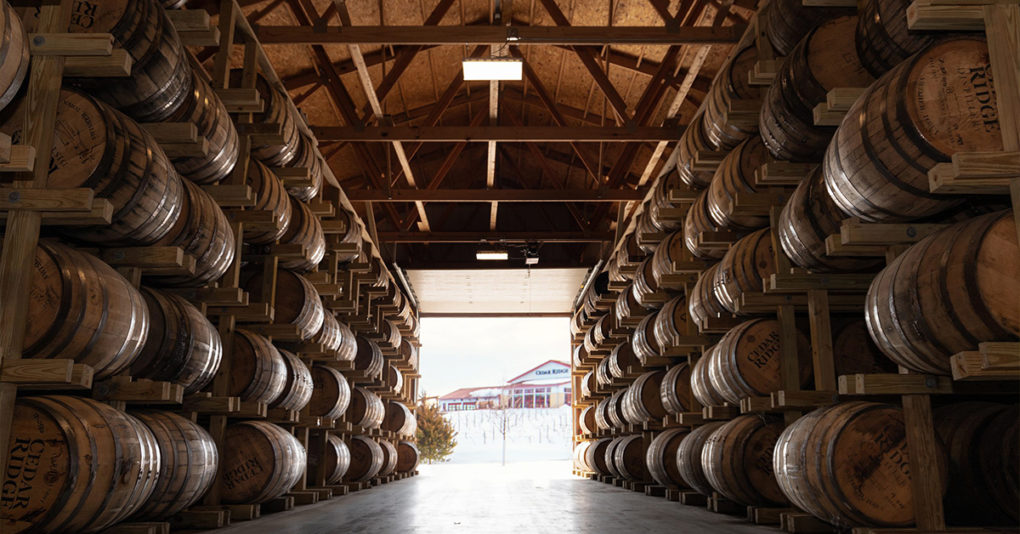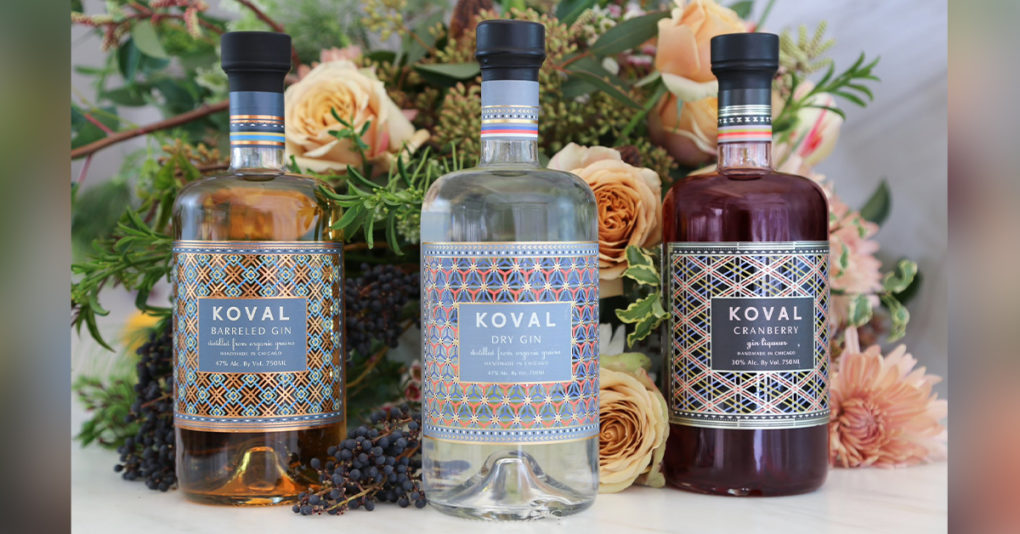 They’re calling it the “Trump tequila tax,” and it’s become a campaign issue.
They’re calling it the “Trump tequila tax,” and it’s become a campaign issue.
The former president’s proposed trade tariffs mean he wants to tax “your tequila, and your Coronas, your Modelos,” according to a new TikTok campaign from Vice President Kamala Harris.
Whether that warning is effective at striking fear into Gen Z drinkers, effects of previous trade wars have already made a disproportionate impact on craft distillers, who are feeling the industry-wide anxiety around the potential return of tariffs.
And those tariffs aren’t necessarily just going to be determined by the winner of the election.
Whiskey distillers are already facing one impending deadline: a retaliatory European Union tariff imposed on American whiskeys, which will snap back to 50% if there is no agreement between the U.S. and EU in an ongoing steel and aluminum tariff dispute by March 31, 2025. This would be a blow to distillers, large and small, according to the Distilled Spirits Council of the U.S. (DISCUS).
Since the tariff dispute began in 2018, U.S. whiskey distilleries have been building back market share in their biggest foreign market. After tumbling between 2019 to 2021, U.S. spirits exports totalled $2.2 billion in 2023, up 8% from the previous year. American whiskey accounted for 63% of those exports, up 9% from 2022, reaching a record $1.4 billion. The growth represents an overall upwards trajectory of U.S. spirits exports, which has nearly quadrupled in two decades.
But if whiskey is bouncing back overall, it’s a different story for craft distillers. They’ve seen a massive decline in the overall craft spirits export market, which was grievously wounded by the 2018 tariffs. Right now, U.S. craft exports are about one-third of what they were in 2017.
The Back Story: Heavy Metal Weighs On Spirits
The trade war began in 2018 when, citing national security, the Trump administration slapped tariffs on imports of European steel and aluminum. The EU responded by unfurling retaliatory tariffs, singling out iconic American products like motorcycles, cranberries, and bourbon and whiskey. In a separate trade dispute, the EU imposed a 25% tariff on U.S. rum, brandy, and vodka in November 2020, which ended June 2021.
The imposition of the whiskey tariffs hit the U.S. whiskey industry hard, with exports to the EU dipping 20%, from $552 million in 2018 to $440 million in 2021, according to DISCUS.
But the Biden administration suspended the steel and aluminum tariffs, and in October 2022 the EU agreed to suspend the 25% tariff on American whiskeys for two years starting Jan. 1, 2022. As a result, American whiskey exports to the EU rebounded. They were back up by 29% in 2022 compared to 2021. Last December, the EU and U.S. announced that they had reached an agreement to continue the suspension of tariffs in the steel and aluminum dispute for 15 months (until March 31, 2025) as they continue negotiations on measures to address overcapacity and low-carbon production.
Still, the combination of COVID-19 and tariffs were a huge setback for craft spirits exporters. Last year, craft spirits exports increased by 5%, reaching 179,000 9-liter cases. In 2017, pre-tariff, they were at nearly 600,000. When the tariffs were imposed the next year, they dropped by half.
In a Downturn, Craft Distillers Face Additional Low Confidence
Before that “perfect storm” of the COVID-19 pandemic and the tariffs, there was a “real interest and increased love and desire for American made products,” said Sonat Birnecker Hart, president and founder of Chicago’s Koval Distillery, who after 16 years in business has also consulted for hundreds of other distilleries.
Koval was among the country’s first craft distilleries to begin exporting, and the distillery powered through the tariffs.
As the rest of the craft export business declined, Hart kept up her distillery’s presence in Europe, fearing losing its place on the international shelves that have been essential to the company’s growth, particularly in Germany, Austria, France and Italy.
“If you’re off, someone else is on, and then it’s going to be 100 times more difficult to get back on,” she said.
With the tariffs and pandemic combined, European distributors doubted that smaller or emerging American spirit companies would have the capacity to continue investing in foreign markets.
“Manufacturers weren’t going to be able to pay for the promotions to come and support the brand at these trade shows, to do all of the work that it would take to be competitive in the market and to show that they were really invested in the market, while also shouldering the costs of the tariffs,” she said.
Instead of fighting for craft or emerging brands, many distributors focused on local brands or American brands with larger pockets or longer tenure in the EU market.
For Hart, that meant shelling out “a lot of extra costs” to counter reduced confidence in American brands from distributors. But it was worth it for her, she said, emphasizing export as an important form of diversification for a spirits company.
“If things are really bad in one part of the world, they may not be as bad in another part of the world,” she said.

Missed Opportunity For Bourbon?
Jeff Quint, the founder and CEO of Iowa-based Cedar Ridge Distillery, invested in the European market for two years before the tariffs hit— and it wasn’t a long enough tenure to continue, he said, despite the market’s promise. The distillery, which was founded in 2005, probably won’t reengage with the EU until the threat of the tariffs has dissipated significantly, if at all, he said.
“Anytime you enter a new territory it’s an investment, and there are a lot more places where it’s easier to get some footing in,” he said.
The distillery exports to Australia, Japan, and Canada, which he says is going “fairly well.” He’s planning on a certain volume going to those countries in the next five years, while continuing to invest regionally and in its home state, where Cedar Ridge outsells any other bourbon.
“But it’s really sad, because by international treaty, bourbon can only be produced in the U.S.,” he said. “We could be exporting billions more of bourbon when we’re producing at a pretty high level. We’re not going to get out of that oversupply unless you can make inroads into export markets.”
Distillers Could Absorb Impact of Election
The election results will determine the scope of a potential trade war: former President Trump has proposed a universal tariff proposal on imported goods of 10-20%, with higher targets on items such as Mexican cars and Chinese imports. The Harris-Walz campaign – while still considering more limited tariffs itself – is leveraging the Trump proposals to argue a vote for Democrats is a vote for your favorite booze and local bars.
“There is still a lot of interest in the [EU] market,” said Rob Maron, senior vice president, international trade policy and market access for DISCUS. “But there is a little bit of anxiety.”
DISCUS is continuing to work with the Biden administration to suspend the whiskey tariffs, but like anyone else, “we can’t predict how the election is going to go,” said Maron.